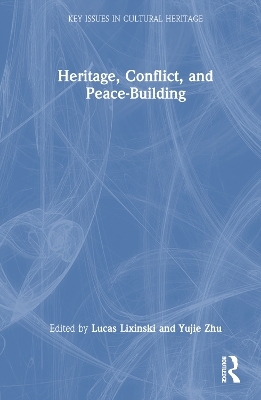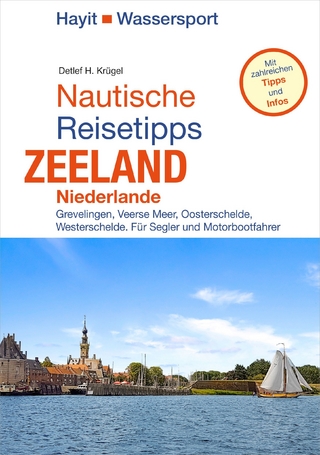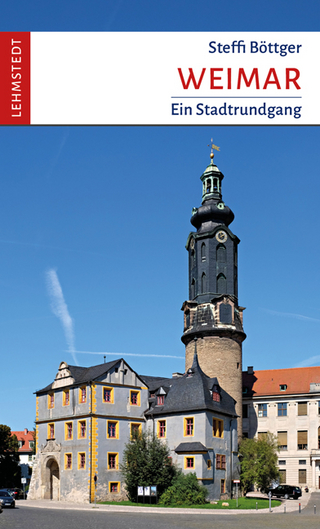
Heritage, Conflict, and Peace-Building
Routledge (Verlag)
978-1-032-52585-3 (ISBN)
The contributors to this book, who hail from academia and practice, present case studies that shed light on the multifaceted factors and conditions influenced by diplomacy, nationalism, victimhood, and the roles of diverse institutional actors in fostering peace. They demonstrate the possibilities and pitfalls of the work heritage does for local communities, the nation-state, and the international community, when these different actors and their peace aspirations and agendas intersect. Looking at heritage and peace processes on all continents, the contributions in this volume amount to a compelling analytical account of how the discourses of heritage and peace connect, overlap, and diverge. They also emphasise that our shared aspiration for peace should not be taken for granted in a heritage context, and that it is incumbent upon heritage scholars and practitioners to be more intentional about the work they wish to do to promote peace.
Heritage, Conflict, and Peace-Building will be of interest to scholars and practitioners working in heritage studies, transitional justice, museum studies, international relations, education, history, and law.
Lucas Lixinski is a professor at the Faculty of Law & Justice at UNSW Sydney, Australia. He comes to heritage from his background as a lawyer, and he explores international cultural heritage law and institutions from the perspective of critical heritage studies. Yujie Zhu is an associate professor at the Centre for Heritage and Museum Studies at the Australian National University, Australia. With a background in anthropology and critical heritage studies, his research explores the cultural politics of the past within heritage and tourism spaces.
Conflict and Peace-Building: Heritage in Transformation; PART I – Remembering Conflict for Justice – 1. Remembering and Forgetting the Opium Wars: British Colonial Injustice, Education and Heritage; 2. Peace without Transitional Justice: Cultural Heritage as a Means of Taming Collective Memory on the Example of Post-Trianon Hungary; 3. Serbian Victimhood and Historical Injustice: Understanding Heritage Sites and Narratives in the former Yugoslavia; PART II – Contestation, Negotiation, and Dialogue – 4. Negotiated Encoding and Decoding of Sensitive Heritage; 5. Contested Heritage Perspectives and Strategies in Cyprus; 6. Non-Violent Confrontation Through World Heritage: A Case Study of Israel, Jordan, and the Palestinian Authority; 7. Participatory Heritage Development for a Positive Peace Framework; PART III – Reconciliation and Prevention – 8. Cultural Heritage in the Management and Resolution of Conflicts in Indigenous Communities: A Case Study of the Bette People of Nigeria; 9. The Role of UNESCO-led Reconstructions in Post-Conflict Reconciliation; 10. Reimagining the 9/11 Aftermath: Transforming Violent Extremism in a Case Study about Youth, Prevention, Heritage, and Resiliency; 11 Afterword; Index.
| Erscheinungsdatum | 21.04.2024 |
|---|---|
| Reihe/Serie | Key Issues in Cultural Heritage |
| Zusatzinfo | 1 Line drawings, black and white; 8 Halftones, black and white; 9 Illustrations, black and white |
| Verlagsort | London |
| Sprache | englisch |
| Maße | 156 x 234 mm |
| Gewicht | 453 g |
| Themenwelt | Reisen ► Reiseführer |
| Geisteswissenschaften ► Archäologie | |
| Sozialwissenschaften | |
| ISBN-10 | 1-032-52585-1 / 1032525851 |
| ISBN-13 | 978-1-032-52585-3 / 9781032525853 |
| Zustand | Neuware |
| Haben Sie eine Frage zum Produkt? |
aus dem Bereich


